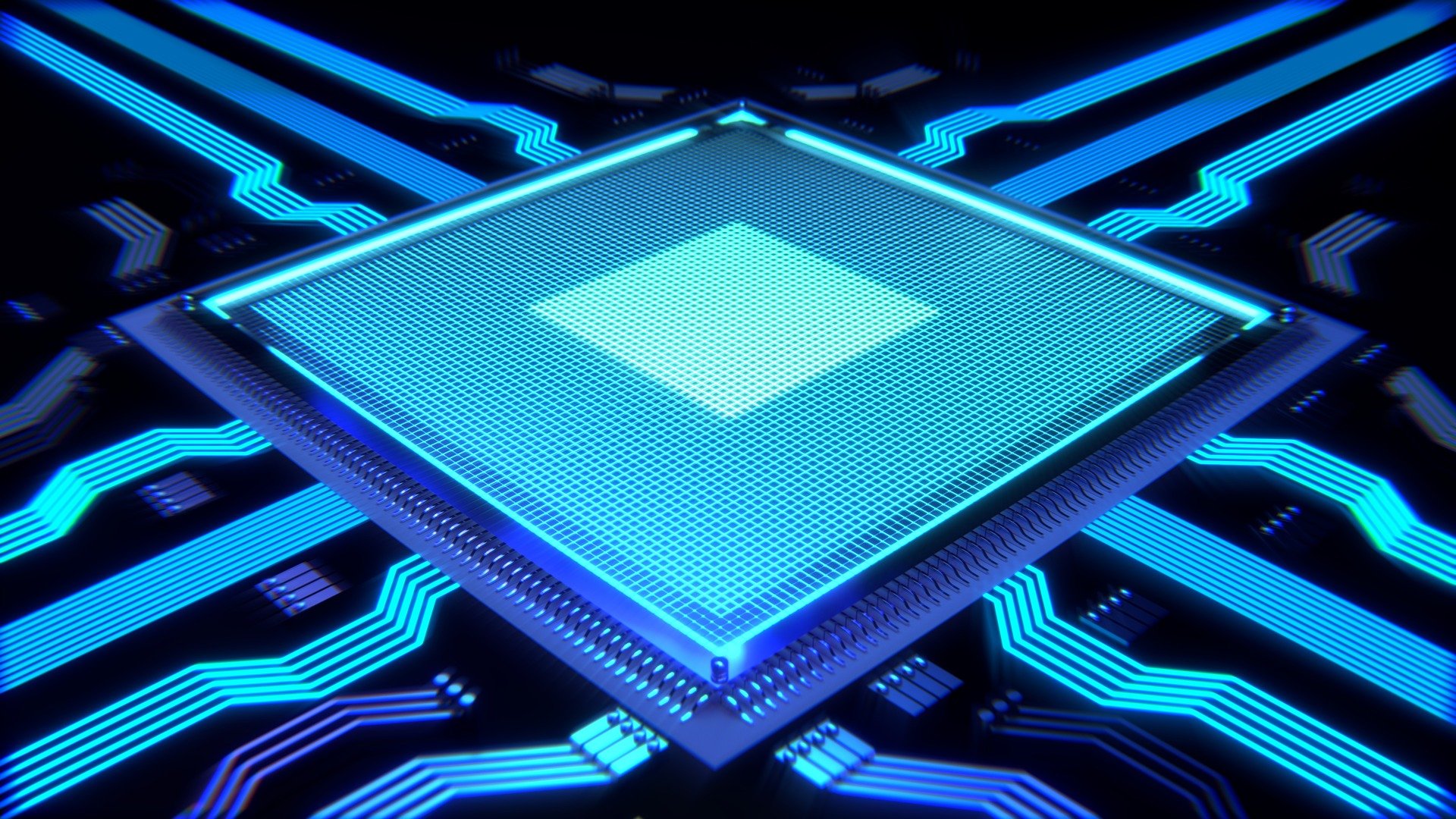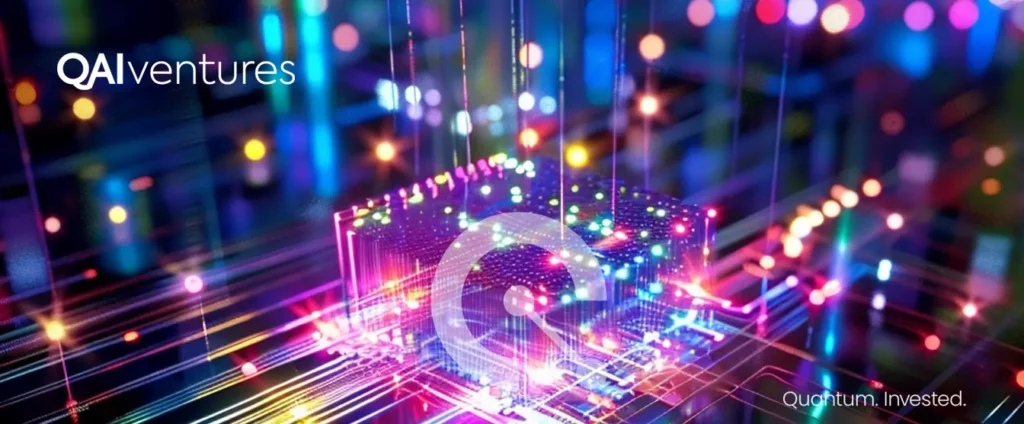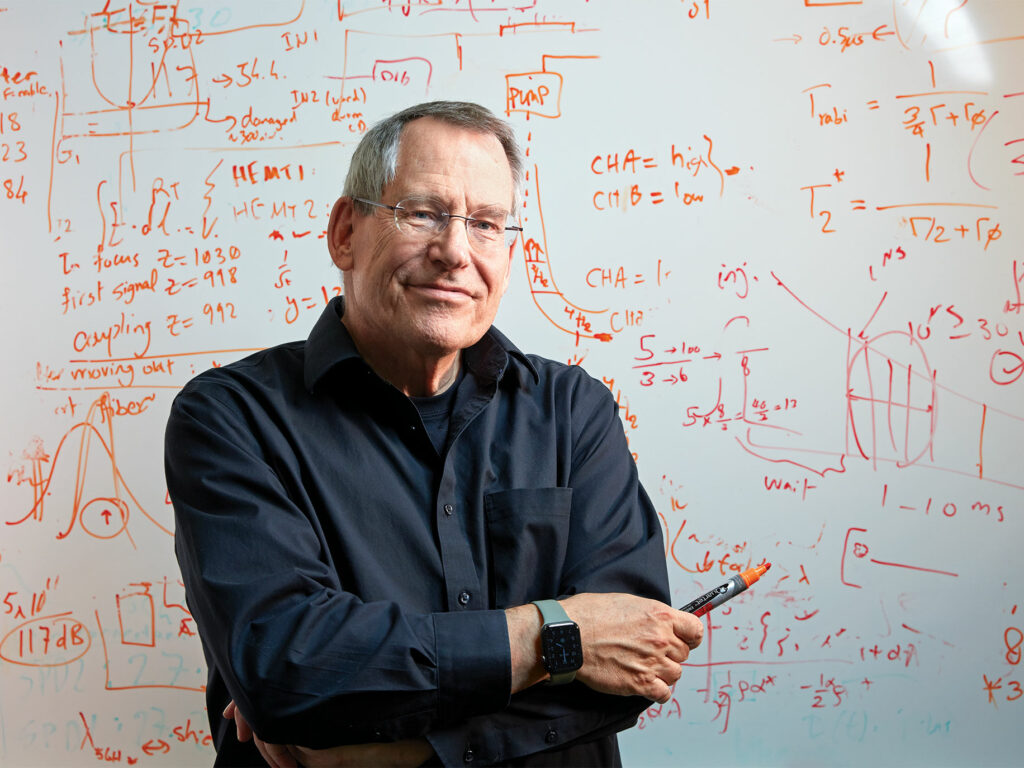
High-Performance Computers (HPC) or Supercomputers work on solving problems in the area of science and engineering. Supercomputers in simple terms can be considered as computers with a much higher level of performance than that of regular servers, have been used for all kinds of computationally intensive tasks such as design simulation across various industries, improving the aerodynamics of Formula One cars, decreasing the drag on aircraft, improving battery life in an electric vehicle, developing molecular modelling for vaccine production, improving nuclear fusion process for power generation, or even predicting weather in your area accurately. These machines can be thought of as clusters of many computers in such a way that they can be made up of thousands of CPUs, GPUs, and memory chips. As a result, HPCs enable the capability for large data generation applications ranging from computational sciences, through machine learning, automation, and IoT. To significantly reduce the time that is required to do computations, The world was gearing towards exascale machines, supercomputers that can perform at least 10^18 mathematical operations (addition, subtraction, multiplication, and division) per second. However, the global chip shortage could seriously impact the timeline of the availability of these machines as they require tons of CPU, GPU, and memory chips.
The chip shortage caused by the pandemic means that while the computation and simulation needs of industry and the desire to reduce the time for computation continue, newer versions of supercomputers and HPC could be delayed and maybe the chip crisis that seems to continue for a couple of more years may worsen as time goes now. In this dire and unforeseen disruption in computing power, the answer could lie in an alternative solution that promises to be more powerful than these supercomputers viz. Quantum computers.
We are currently in the era of the second Quantum revolution, where there is a big push to find commercial applications of Quantum computing. For engineering-heavy industries, Quantum computing can be a game-changer for their innovation efforts. The reason is that any innovation requires long and tedious computational effort which can be improved by integrating Quantum algorithms that will utilize Quantum computers. Some of the key areas that are of interest from this application perspective are computational fluid dynamics, crash analysis, chemical modelling, and multiphysics simulations. All the problems of these areas can be boiled down to differential equations (both partial and ordinary) which is where there is potential to utilize Quantum Computing.
Using quantum properties of continuous spin, superposition, and entanglement for computing and storing data, quantum computers function overall at a much higher level of permutation and combination. The value addition of Quantum computing comes from higher memory storage and processing power. And of course, with any new technology, there are challenges and Quantum Computing is no different.
We at BosonQ Psi have always believed in the coexistence of classical supercomputers and Quantum computers. Especially with the current chip crisis, Quantum computers can contribute in the most computationally intensive part so that we don’t need high-end CPU and GPU chips. Whereas classical computers will continue to do low computationally heavy parts which make up a large part of any task. Recently, Leibniz Supercomputing Center embarked on this route by announcing the Q-Exa project where they look to integrate Quantum computers into existing supercomputers [1].

This is a great boost to us as we at BosonQ Psi have taken it upon ourselves to prove the power of this new technology for the computational science world during this period of crisis. We are developing our engineering simulation software with hybrid quantum-classical solvers. While we have taken the first steps towards the era of new technology, we need to remind ourselves that this is the only way innovation, science, and humanity as a whole can tread forward. In the words of R. P. Feynman: “I want to talk about the possibility that there is to be an exact simulation, that the computer will do exactly the same as nature. I’m not happy with all the analyses that go with just the classical theory, because nature isn’t classical, dammit. And if you want to make a simulation of nature, you’d better make it quantum mechanical, and, by golly, it’s a wonderful problem because it doesn’t look so easy.”
[1] Integrating Quantum and Supercomputers: Kicking-off Q-Exa. https://www.linkedin.com/pulse/integrating-quantum-supercomputers-kicking-off-q-exa-kranzlmueller
If you found this article to be informative, you can explore more current quantum news here, exclusives, interviews, and podcasts.




















